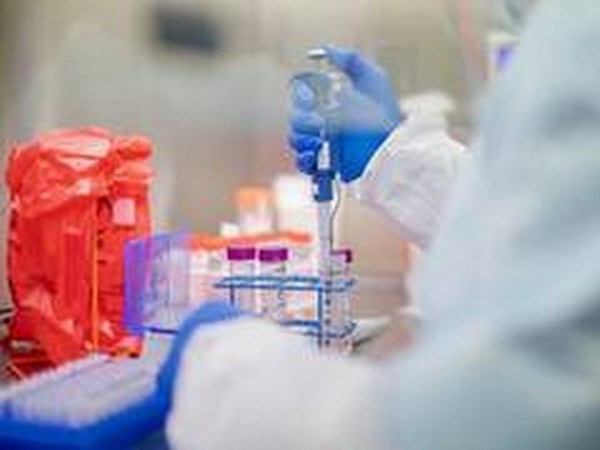Common BP drugs don't increase COVID-19 severity: Study
According to the researchers, the study is the first to examine the effect of ACE2 and ARBs in the lungs -- considered to be the main targets for SARS-CoV-2 entry into the body -- and supports the safety of these drugs in the face of the pandemic. "This study supports the concept that there is no increased risk for COVID-19 infection by using ACE inhibitors and angiotensin receptor blockers," said Daniel Batlle a co-author of the study from Northwestern University.

- Country:
- United States
A class of drugs that are commonly used to treat patients with hypertension and heart disease does not increase the risk of developing severe COVID-19 as previously feared, according to a study in mice. Scientists, including those from Northwestern University in the US, said there have been widespread concerns that the drugs ACE inhibitors and angiotensin receptor blockers (ARB) might cause an increase in the human cell surface receptor protein ACE2 which the novel coronavirus uses to enter and infect cells.
Earlier studies had cautioned that this class of drugs could possibly increase the risk for the novel coronavirus, SARS-CoV-2, infection, and elevate COVID-19 severity. However, the new findings, published in the Journal of the American Society of Nephrology, revealed a decrease, not an increase, in ACE2 in mice kidney membranes, and no change in lung membranes. According to the researchers, the study is the first to examine the effect of ACE2 and ARBs in the lungs considered to be the main targets for SARS-CoV-2 entry into the body -- and supports the safety of these drugs in the face of the pandemic.
"This study supports the concept that there is no increased risk for COVID-19 infection by using ACE inhibitors and angiotensin receptor blockers," said Daniel Batlle a co-author of the study from Northwestern University. The scientists said the ACE inhibitors and ARBs are a category of drugs called RAS blockers. They said these drugs, by different mechanisms, block the actions of a small protein that causes narrowing of blood vessels and fluid retention by the kidneys, which results in increased blood pressure. According to the study, the drugs help blood vessels relax or expand and decrease fluid retention, both of which lower blood pressure.
In the current research, the scientists measured ACE2 in isolated kidney and lung membranes of mice that were treated with either captopril -- a widely used ACE inhibitor or telmisartan, an ARB which is also widely prescribed. Since the recognition that ACE2 is the main receptor used by the virus to enter host cells, the scientists said there have been multiple studies discussing the potential risk for susceptibility and worse clinical course of COVID-19 in patients treated with these drugs. They said much of the speculation comes from previous animal studies where some RAS blockers were reported to increase the production of ACE2 in the blood vessel cells of the heart and the kidney.
"We had no bias one way or another, and the kidney findings showing lower ACE2 in treated animals were a bit unexpected," said study first author Jan Wysocki.
(This story has not been edited by Devdiscourse staff and is auto-generated from a syndicated feed.)










